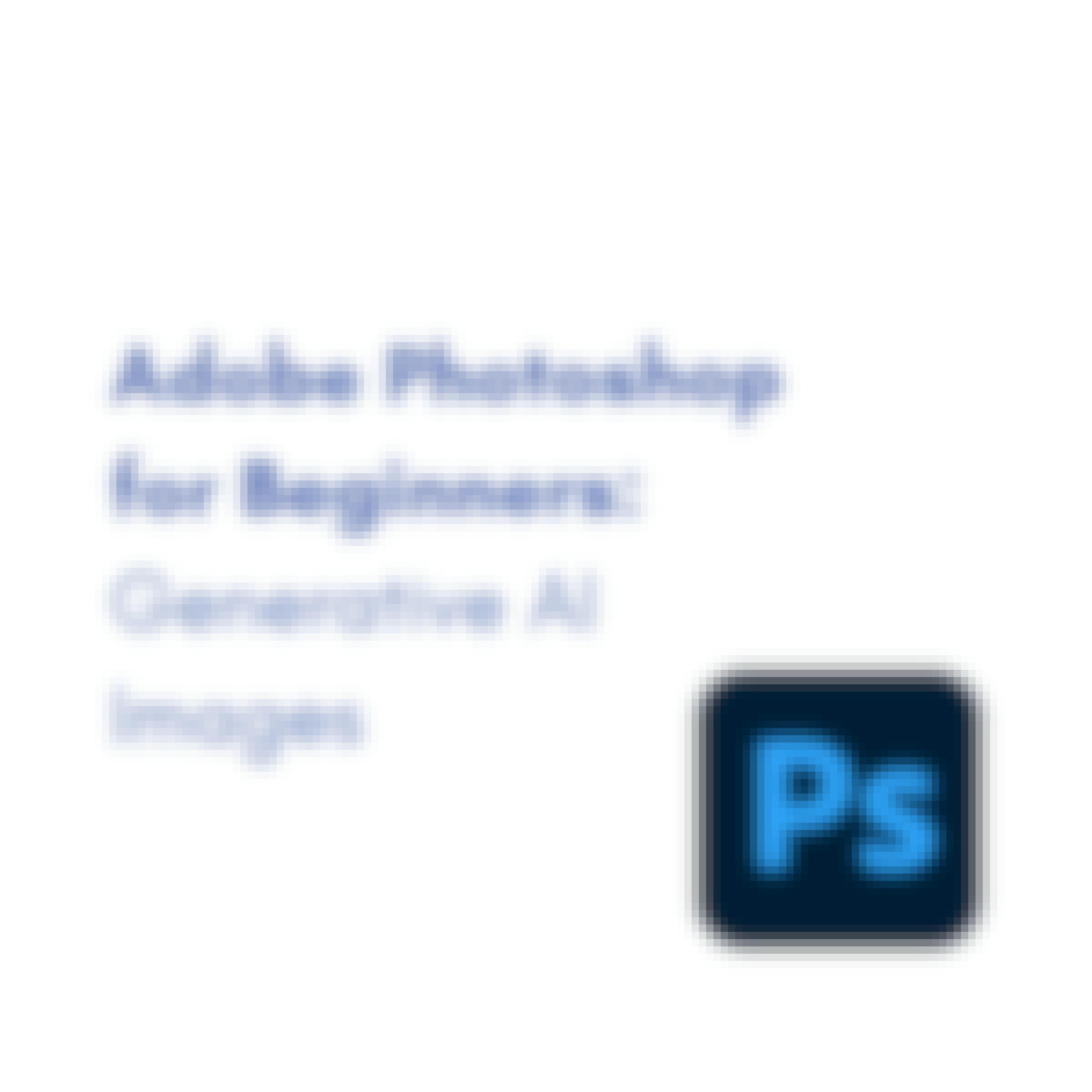Filter by
SubjectRequired
LanguageRequired
The language used throughout the course, in both instruction and assessments.
Learning ProductRequired
LevelRequired
DurationRequired
SkillsRequired
SubtitlesRequired
EducatorRequired
Results for "excel basics"
 Status: Free Trial
Status: Free TrialSkillUp EdTech
Skills you'll gain: Sprint Retrospectives, Sprint Planning, Agile Project Management, Team Building, Agile Methodology, Team Management, Meeting Facilitation, Organizational Change, Team Leadership, User Story, Employee Coaching, Stakeholder Management, Change Management, Conflict Management
 Status: Free Trial
Status: Free TrialSkills you'll gain: Linux Commands, Linux, Penetration Testing, Open Web Application Security Project (OWASP), Vulnerability Scanning, Command-Line Interface, Scripting, Vulnerability Assessments, Cyber Security Assessment, General Networking, Python Programming, Network Security, Cybersecurity, Application Security, Firewall, Web Applications, Data Ethics, Email Security, Computer Security Awareness Training, Malware Protection
 Status: NewStatus: Free Trial
Status: NewStatus: Free TrialUniversity of Colorado Boulder
Skills you'll gain: Statistical Hypothesis Testing, Descriptive Statistics, Statistical Visualization, Data Transformation, Data Cleansing, Statistical Analysis, Regression Analysis, Statistical Programming, Probability, Probability Distribution, Sampling (Statistics), Box Plots, Histogram, R Programming, Statistical Methods, Scatter Plots, Microsoft Excel, Probability & Statistics, Statistics, Data Import/Export

The State University of New York
Skills you'll gain: Benchmarking, Professional Development, LinkedIn, Planning, Performance Measurement, Performance Analysis, Job Analysis, Organizational Skills, Personal Development, Microsoft Excel, Self-Awareness
 Status: Free Trial
Status: Free TrialUniversity of Colorado Boulder
Skills you'll gain: Deep Learning, Unsupervised Learning, Keras (Neural Network Library), Computer Vision, Image Analysis, Artificial Intelligence and Machine Learning (AI/ML), Artificial Neural Networks, Generative AI, Applied Machine Learning, Natural Language Processing, Python Programming, Performance Tuning

Coursera Project Network
Skills you'll gain: Microsoft Teams, Microsoft 365, Document Management, File Management, Collaborative Software, Virtual Teams, Calendar Management, Setting Appointments

Coursera Project Network
Skills you'll gain: Photo Editing, Adobe Photoshop, Generative AI, Adobe Creative Cloud, Data Import/Export, Editing, Graphic Design
 Status: Free Trial
Status: Free TrialArizona State University
Skills you'll gain: Semiconductors, Electronic Components, Failure Analysis, Electronic Systems, Image Analysis, Electronics, Laboratory Equipment, Basic Electrical Systems, Laboratory Testing, Manufacturing Processes, Electrical Engineering, Process Control, Chemistry, Laboratory Research, Data Analysis Software, Quantitative Research, Scientific Visualization, Estimation, Qualitative Research, Engineering Calculations
 Status: Free Trial
Status: Free TrialSkills you'll gain: Design Thinking, Data Science, Artificial Intelligence, Strategic Thinking, Data Pipelines, Data Validation, Data Processing, Workflow Management, Data Quality, Business Priorities, NumPy, IBM Cloud, Python Programming
 Status: Free Trial
Status: Free TrialSkills you'll gain: Shiny (R Package), Data Presentation, Exploratory Data Analysis, Data Wrangling, Predictive Modeling, Tidyverse (R Package), Data Science, Data Collection, Data Manipulation, Dashboard, Data Analysis, Data Cleansing, Statistical Modeling, R Programming, Regression Analysis, Ggplot2, Data Transformation, Web Scraping, SQL
 Status: Free Trial
Status: Free TrialEDUCBA
Skills you'll gain: C (Programming Language), Embedded Systems, Embedded Software, Debugging, System Programming, Microarchitecture, Computer Architecture, Data Structures, Computer Hardware, Peripheral Devices
 Status: Free Trial
Status: Free TrialMacquarie University
Skills you'll gain: Forecasting, Regression Analysis, Time Series Analysis and Forecasting, Business Mathematics, Microsoft Excel, Statistical Modeling, Trend Analysis, Statistical Analysis, Data Visualization Software
Searches related to excel basics
In summary, here are 10 of our most popular excel basics courses
- Working as a Scrum Master: SkillUp EdTech
- The Complete Ethical Hacking Bootcamp: Beginner To Advanced: Packt
- Statistics and Applied Data Analysis: University of Colorado Boulder
- How to Get Skilled: Introduction to Individual Skills Management (Project-Centered Course): The State University of New York
- Introduction to Deep Learning: University of Colorado Boulder
- Get Started with Microsoft Teams : Coursera Project Network
- Adobe Photoshop for Beginners: Generative AI Images: Coursera Project Network
- Semiconductor Characterization: Arizona State University
- AI Workflow: Business Priorities and Data Ingestion: IBM
- Data Science with R - Capstone Project: IBM










